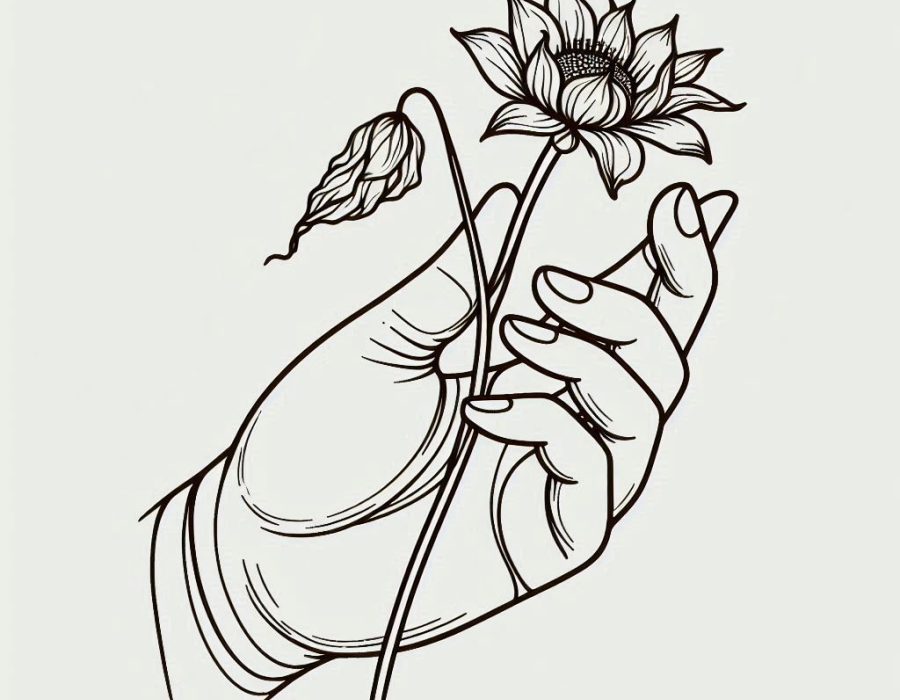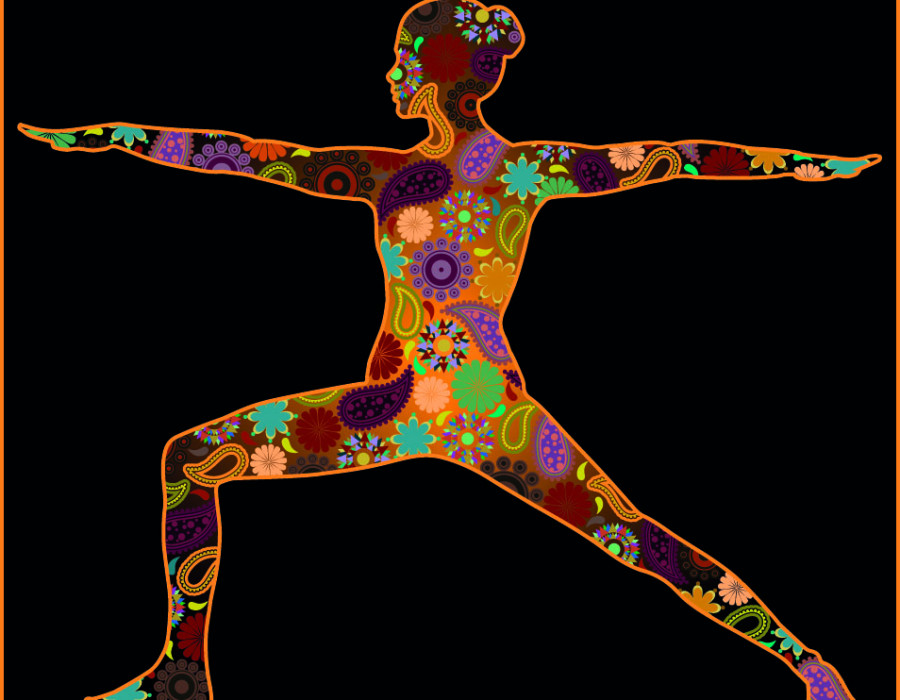The Foundations of dissatisfaction and suffering.
The Four Noble Truths
The Buddha said that the cause of suffering is attachment but why does attachment arise in the first place?
 ©
© shutterstock
Often, our first reaction is to try and blame something outside ourselves or another person for our own suffering.
I recall many years ago getting really wound up when sitting at The Buddhist Society. Soon after the bell was rung to start Zazen the neighbours next door would turn on their TV and it was loud. “How dare they, they know we are The Buddhist Society and that we meditate in silence, how inconsiderate, really”! All these sorts of thoughts would whirl round and it was impossible to sit quietly, until one day I realized that actually it was me who was making most of the noise. It was just a question of letting go.
The Buddha said that the cause of suffering is attachment. Why does attachment arise? It arises from craving or wanting.
Two Monks.
There is a story of two monks on a pilgrimage. They arrived at a river crossing point. There had been much rain and the river had swollen, flooding the crossing point. Standing at the river edge they saw a beautiful young woman dressed in very fine clothes, probably on her way to an event. She obviously wanted to cross but wasn’t able to without wetting and dirtying her clothes. One of the monks immediately went up to her and offered to carry her across. She agreed and he lifted her onto his shoulders and waded across the river and placed safely on the other side. The other monk followed behind. They said goodbye to the young woman and went their separate ways. After a few minutes, the second monk started to berate the first monk; “I am ashamed of you. You know that it is against our vows to touch a woman. How could you do such a thing? I am not sure I want to continue with you. After all these years of training how could you behave in this way”. And so he went on for several hours.
Finally, the first monk said, “Listen, I put her down at the river side hours ago, but it would seem that you are still carrying her”.
From a very early age, when we experience something that gives us a pleasurable sensation, we simply want more of it, we want to continue the experience. So, what happens is that this craving is followed by clinging or attachment. We don’t want the experience to end or we want to repeat it. We want to hang on to it.
This is also deeply related to the delusion of self, which is frightened of the notion that I too am impermanent and subject to change, subject to a beginning and an end. If I can somehow cling onto things, it is reassuring to I.
The suffering arises in the wanting and, when we have it, we do not want it to end. Although this goes directly against our experience of life, this is what we feel. Experience tells us, however, that the enjoyment of things is generally related to their transcience.
How long can one listen to a concert, how much time can we sit in front of a film or read a book without eventually tiring and ‘needing a break’?
Buddhism does not say that the pleasant is a bad thing, but that craving and attachment to it brings suffering because a ‘want’ can never be satisfied since it is constantly re-projected into the future. It does so because behind it, as mentioned earlier, is a sense that something is lacking.
A study was carried out of lottery winners. They were interviewed just after they had won and were naturally very happy. They were then interviewed a year later and found they had reverted to the same unhappy state that they were in before their winnings.
The practice is to observe and to bring into consciousness the arising of the clinging and wanting and to see them as they are; impermanent, suffering and devoid of self.
In summary, craving leads to attachment which is the cause of suffering.
There are said to be attachment to four things:
Sense objects.
Wrong views.
Rites and rituals.
Self.
Sense objects:
These are objects that give rise to sensual pleasure.
Wrong Views:
These are associated with and founded on the delusion of self. There are 4 wrong views:
We mistake: suffering for happiness, impermanence for permanence, I for no-I, impurity for purity.
How can we mistake suffering for happiness? We seek happiness from things outside of ourselves thinking they will bring us happiness when in fact this is the cause of the suffering in the first place.
We clutch onto things we like in the forlorn hope for permanence when deep down we know that all things are subject to change.
We think I am permanent and unchanging when we too are subject to change. Our opinions, ideas, our like and dislikes, even our memories change. All that I call self, changes and evolves.
We divide the world into opposites, black and white, and make judgements about which is better rather than seeing the All. Purity is to see the one-ness, impurity is to make the divisions.
Master Dogen said, “To enter the Buddha Way is to stop discriminating between good and bad and to cast aside the mind that says this is good and that is bad”.
Rites and Rituals:
All religious practice has the danger that we become attached to empty rites and rituals. If we are not careful, we transfer our attachment from the worldly to the religious but it’s still attachment. Rites and rituals are tools to ground us, ways and structures to help us keep centred on our practice and reduce the expression of ‘self’. They are very important, but are not everything.
If we look carefully, we have many rituals in our daily lives too that we cling to. They are like a security blanket. If I don’t have my morning coffee, I become a bear!
Self:
We are also familiar with the desire not to be diminished. I, being a delusion, constantly feels insecure. I expend a significant amount of time and energy propping up my sense of self.
We will always feel something is lacking no matter how much huffing and puffing we do or how much we accumulate or achieve.
It is like desire in that there is no end to the wanting which is always projected into the future. The becoming can never be enough and, more often than not, it is associated with ‘I am not good enough’. This is ften a result of wanting to become something, and preferably perfect in some way.
Unfortunately, even if we do become what we have desired, it then feels empty and pointless and often different from how we imagined it to be. The desire arises to become something else again. This endless dissatisfaction is suffering.









